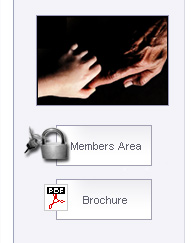Foster Care
Exclusionary criteria for placement includes factors that would make a child ineligible for placement in a particular foster home or with a particular foster family and their current set of skills. The criteria may vary depending on the family or organizations involved within the team, some common exclusionary criteria may include:
1. Age: Some foster homes may only be able to accommodate children within a certain age range, so age may be a factor in determining eligibility.
2. Medical or Mental Health Needs: Some foster homes may not be equipped to handle certain medical or mental health needs, so children with such needs may be excluded from placement in those homes.
3. Behavioral Issues: Some foster homes may not be able to accommodate children with certain behavioral issues, such as a history of violence or aggression.
4. Legal Issues: Children who have been convicted of certain crimes or who have a history of legal issues may be excluded from placement in some foster homes.
5. Family Background: Some foster families may have specific preferences or restrictions regarding the background of the children they are willing to take in, such as Bio family dynamics, demographics, or religions preferences of the person and or their family’s religious preferences.
It's important to note that exclusionary criteria should be applied fairly and consistently, and should not be based on discriminatory factors such as race, ethnicity, or gender. Additionally, the criteria should be reviewed periodically to ensure they are still appropriate and relevant.
|
|








